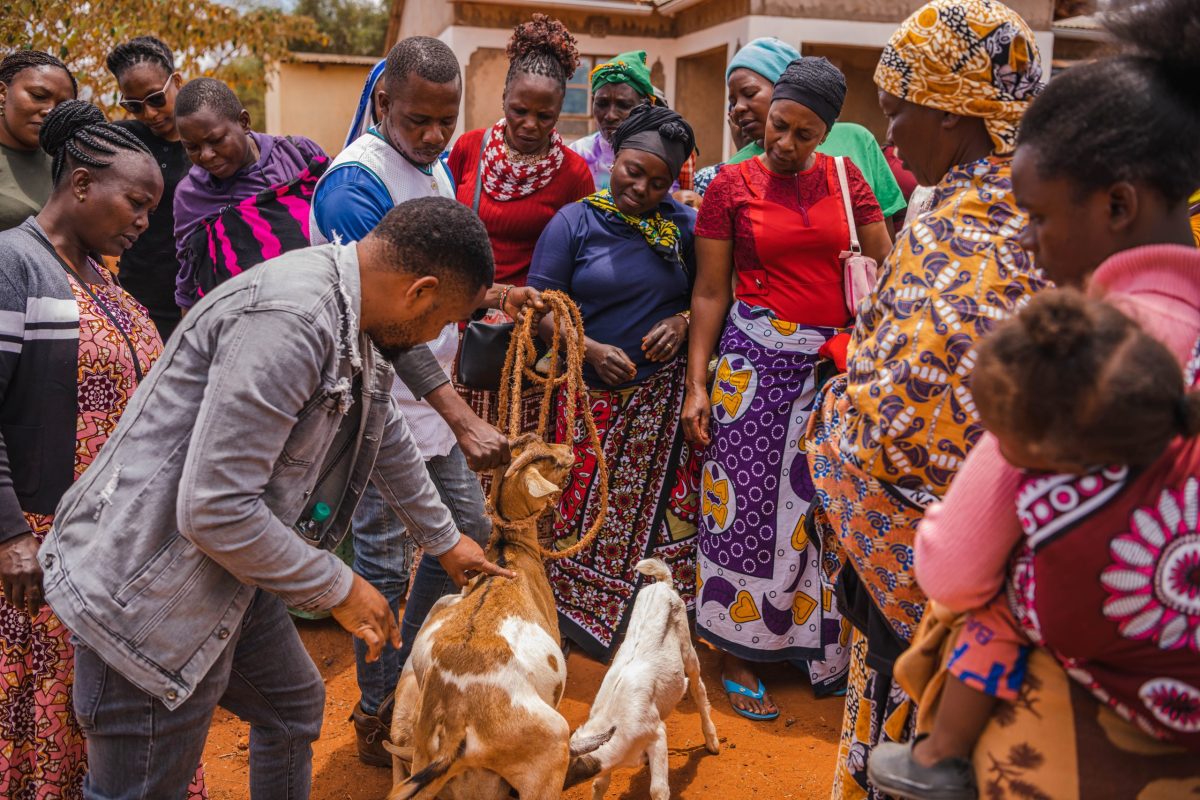Sep, 24, 2025. TTWCA in partnership with Zoological Society of London, is implementing a Darwin Initiative-funded project aimed at addressing illegal wild meat hunting in the Tsavo Conservation Area (TCA). The project focuses on empowering local communities by protecting wildlife and fostering sustainable coexistence between people and nature.
Illegal wild meat hunting has long been driven by poverty, food insecurity, and a lack of alternative income sources. By creating alternative sustainable livelihoods, the project seeks to reduce the reliance of local communities on hunting wildlife for food or income. This approach combines financial empowerment, training, and hands-on skills development to create lasting change.
As part of the project, TTWCA is conducting comprehensive livelihood training sessions for members of Village Savings and Loan Associations (VSLAs) in Maktau and Mwashoti in Mwatate Subcounty, as well as Chumvini and Njukini in Taveta Subcounty.
These groups, formed earlier through the project, have already been learning about the power of collective savings and the benefits of having reliable financial support for small enterprises. The next step in their journey involves building skills to rear poultry, goats, and sheep, practical alternatives to wild meat that provide families with both income and nutritious protein.
The training covers a wide range of topics, from the importance of poultry and goat rearing to the essentials of proper housing for animals, feeding techniques for different stages of growth, and ways to improve breeds for higher productivity.
Participants are being introduced to basic disease prevention and control measures, including vaccination, deworming, and pest management.
Sessions on marketing and record-keeping will help the groups to think beyond production and towards running their activities as sustainable small enterprises. Importantly, the training is not just theoretical. Practical demonstrations are conducted to allow participants to gain hands-on experience in animal care, housing, and veterinary practices.
The journey with these groups has been inspiring. It began with empowering them through financial literacy and the formation of savings groups, and it has now progressed to equipping them with livelihood skills. Soon, participants will receive starter animals, poultry, goats, or sheep, tailored to their specific interests and needs. This will give them the means to put their new knowledge into practice and generate tangible benefits for their households.
The impact of this project extends well beyond individual households. By introducing alternative sources of protein and income, it addresses the underlying drivers of poaching, promoting both food security and sustainable livelihoods.
When communities have access to sustainable livelihoods and food security, there is less incentive to engage in illegal activities such as hunting wildlife. This not only improves the well-being of local people but also strengthens conservation efforts, leading to healthier wildlife populations and stronger harmony between communities and conservancies.
Looking ahead, TTWCA and ZSL remain committed to supporting these communities through the next phase of the project, which will include the distribution of starter animals and ongoing mentorship.
With consistent support and collaboration, the project aims to create a future where both people and wildlife thrive in the Tsavo landscape, ensuring a sustainable and balanced ecosystem for generations to come.

